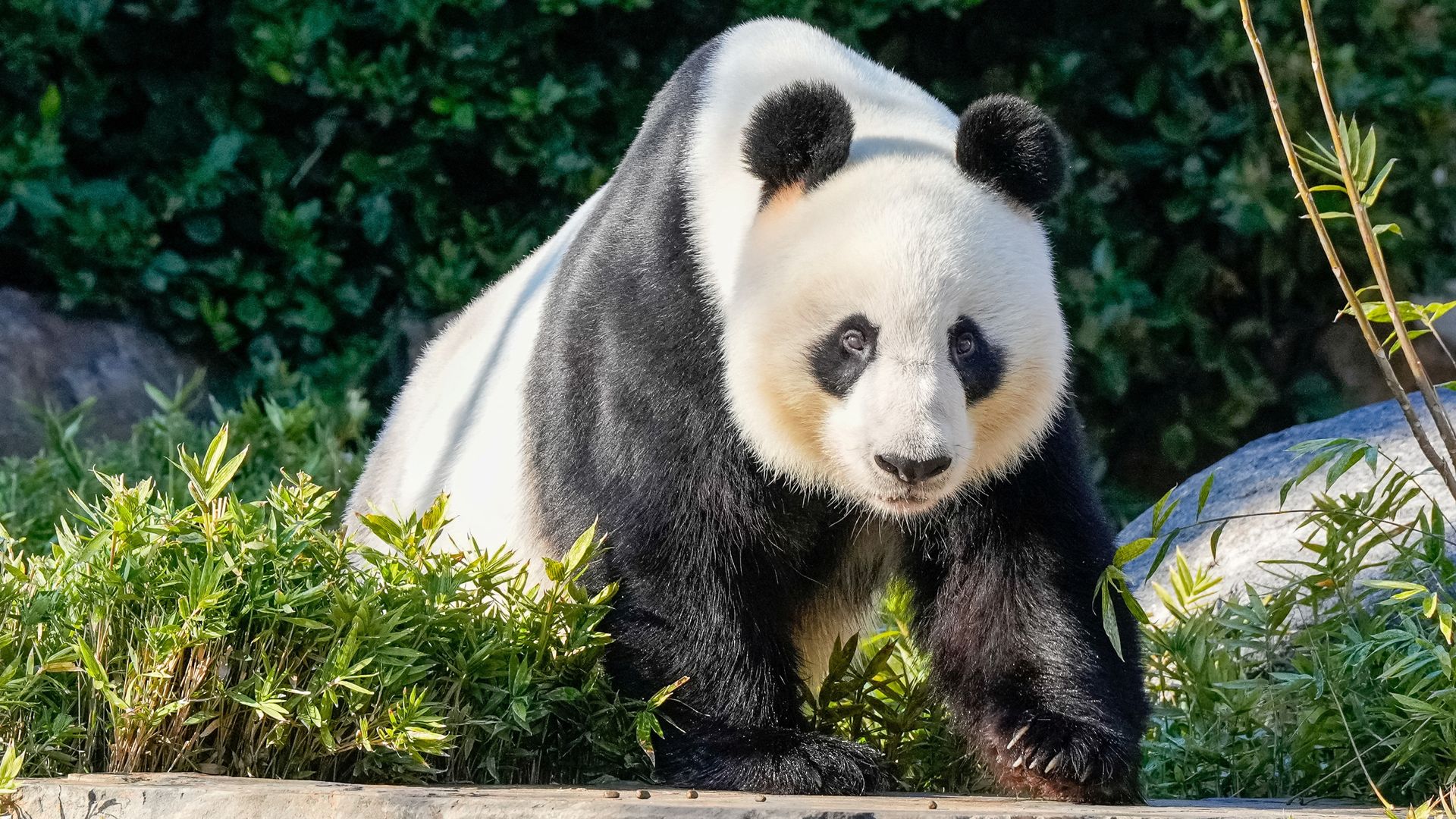China and Australia appear to have repaired their fractious relationship with a four-day visit Down Under.
Premier Li Qiang said he had held a “candid, in-depth and fruitful meeting and reached a lot of consensus” with Australian Prime Minister Anthony Albanese.
“We also have our differences… that’s why candid dialogue is so important,” Mr Albanese said.
Premier Li is the highest-ranking Chinese leader after President Xi Jinping – and is the most senior official to visit Australia in seven years.
It follows a long period of trade wars, a diplomatic deep freeze, and the arrest and detention of several Australians in China, with one academic receiving a suspended death sentence.
Relations are now back on track, at least on the surface. China’s punitive bans on Australian products worth £10bn – from barley to beef and wine – have been lifted. Only lobsters remain on the list.
Australia is a valuable source of critical minerals to power China’s transition to clean energy technology, as well as iron ore for its construction industry.
Australian PM calls Elon Musk an ‘arrogant billionaire’ after X owner says government wants to ‘control the entire Internet’ over stabbing videos
Australian PM calls Elon Musk an ‘arrogant billionaire’ after X owner says government wants to ‘control the entire Internet’ over stabbing videos
Australian PM unveils question for historic referendum on Indigenous recognition
Meanwhile, Australia’s resources sector is heavily dependent on exports to China, especially the coal industry.
However, the regional landscape these two countries are operating in is increasingly complicated.
Tension is growing in the Indo-Pacific over China’s claim to the South China Sea, East China Sea and Taiwan.
Both countries know they need to manage their relationship carefully to ensure their militaries don’t bump up against each other and spark a serious regional conflict.
“One of the very practical measures that we spoke about was improving military-to-military communication so as to avoid incidents,” Mr Albanese said.
Read more world news:
Body of American man found on Greek island
New Zealand PM in ’embarrassing’ mishap
Who will Trump choose as his running mate?
There’s also been soft-power diplomacy on this trip.
There are two Chinese pandas in Adelaide Zoo in South Australia that haven’t managed to breed.
China has announced it will bring them back home and give Australia two new pandas. Giant pandas are loaned to countries by the Chinese government and cannot be owned by foreign zoos.
There are at least 65 giant pandas overseas in 18 countries, according to the South China Morning Post, with Japan having the most (nine), followed by the US (seven). The UK has none after a pair of Pandas were returned to the US from Edinburgh Zoo last December.
Call it “panda diplomacy” or a distraction from the great power rivalry in Asia – either way, it’s a clear sign that Australia is back in China’s good books.






